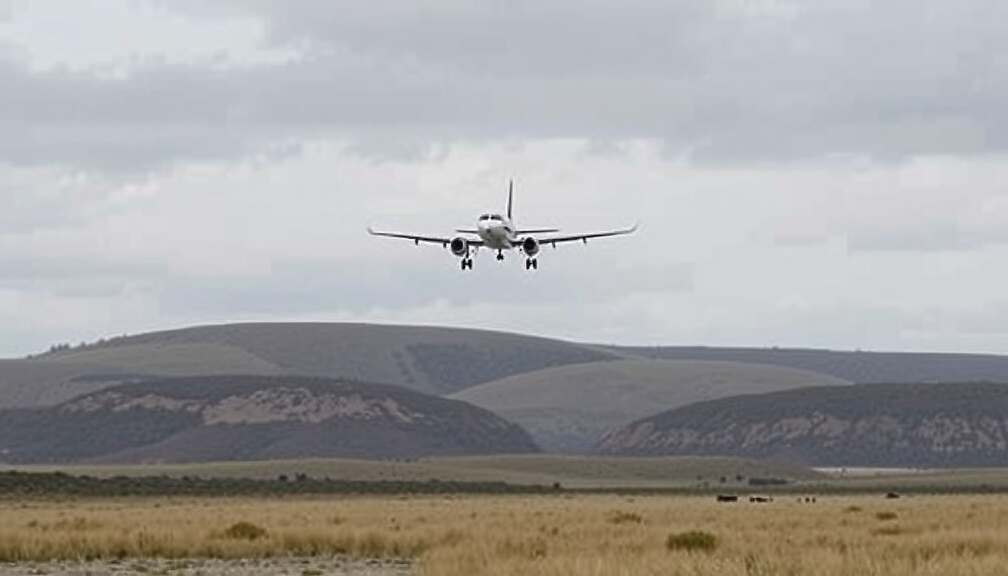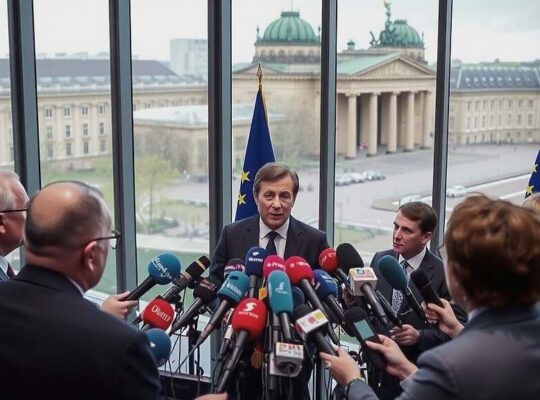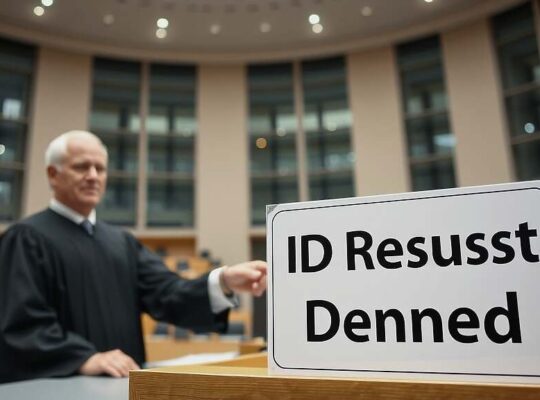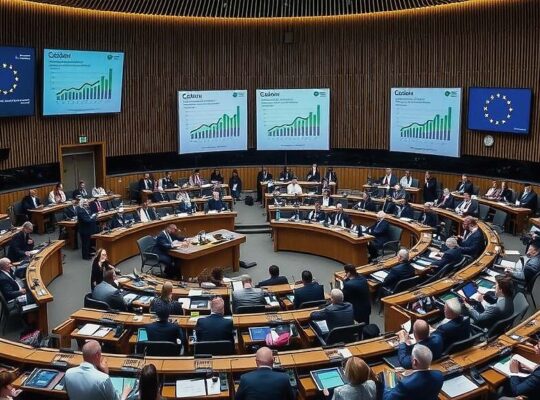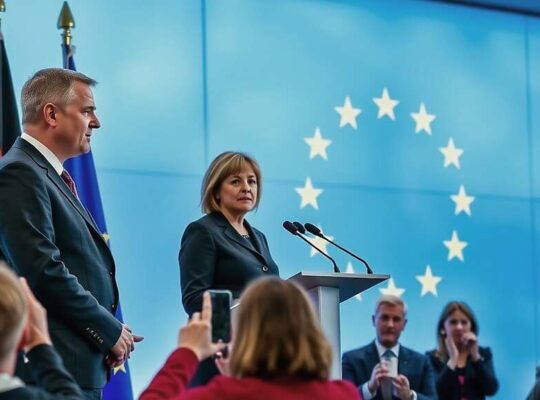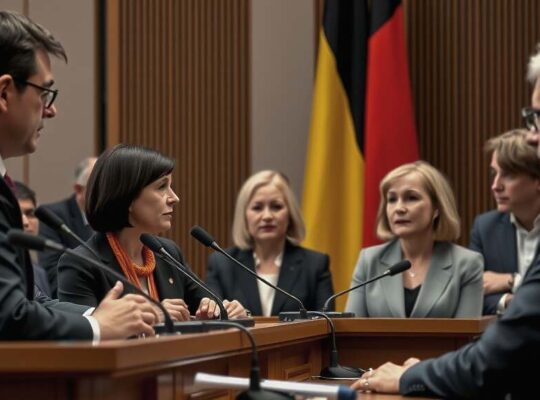The German coalition government’s recent decision to reduce air passenger duty is drawing fierce criticism from transportation and environmental groups, as well as the Left party, raising questions about the government’s commitment to climate targets and equitable social policies. The move, intended to bolster the struggling aviation sector, has been branded as a “fatal message” by proponents of sustainable transportation, who argue it undermines efforts to encourage public transport use and saddles ordinary citizens with increased costs.
Christiane Rohleder, president of the German Transport Club (VCD), voiced her concerns, stating that the tax reduction effectively makes flying cheaper while simultaneously increasing the cost of the Deutschlandticket, a subsidized public transport pass. “This is a blow to climate protection” she asserted, emphasizing that the government is incentivizing the “most damaging mode of transport” while placing additional financial pressure on climate-friendly alternatives. Rohleder added that the policy comes at the expense of future generations and the broader population.
Janine Wissler, deputy parliamentary leader of the Left party, echoed these criticisms, arguing the funds would be better allocated elsewhere. “What’s being taken from commuters is being gifted to the aviation industry” she told the “Rheinische Post”. Wissler highlighted the stark contrast: rising costs for public transport against lowered fares for air travel, a situation she deemed unfair to the majority of the German population who rarely, if ever, fly. She characterised the decision as “climate-politically absurd and socially unjust” underscoring the need for sustained support for public mobility, not subsidies for the aviation sector.
Schleswig-Holstein’s Minister President Daniel Günther (CDU) defended the coalition’s decisions, acknowledging the need to support the economy while maintaining climate goals. He pointed to the contentious “Kraftwerkstrategie” a plan to build eight gigawatts of gas-fired power plants, also criticized by environmentalists, highlighting the provision for these plants to be “hydrogen-ready” as a sign of commitment to environmentally conscious practices. Günther attempted to frame the package as a balanced approach, hoping to appease environmental concerns.
CDU Member of Parliament and government coordinator for maritime economy and tourism, Christoph Ploß, framed the reduction in air passenger duty as a vital measure to revitalize the German aviation industry. He believes it will encourage increased flights to and from Germany, boosting passenger numbers at German airports. Ploß argued that the CDU’s long-standing advocacy for the tax cut will strengthen Germany’s competitive edge, attracting more tourists and business travelers and positively impacting the overall economy.
The policy shift however, exposes a deeper tension within the coalition, pitting economic recovery measures against increasingly urgent climate responsibilities and sparking a debate about the equitable distribution of economic burdens across society.


